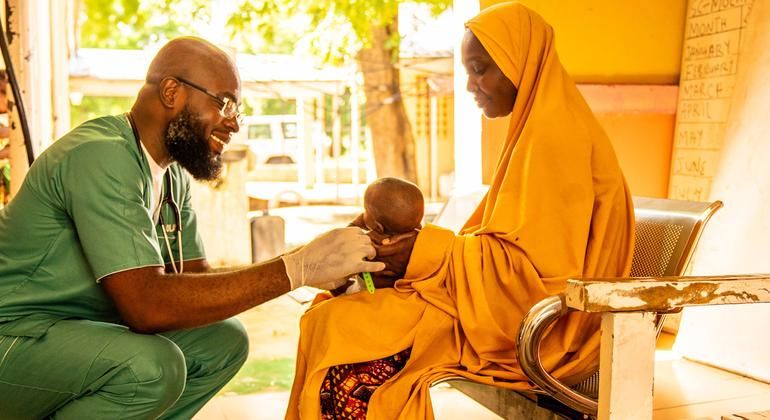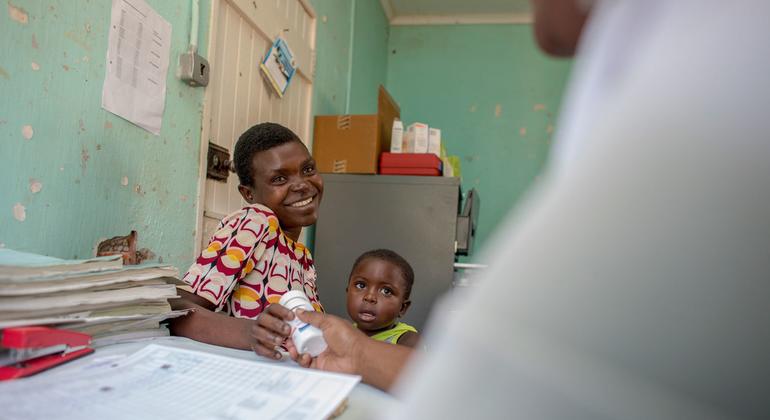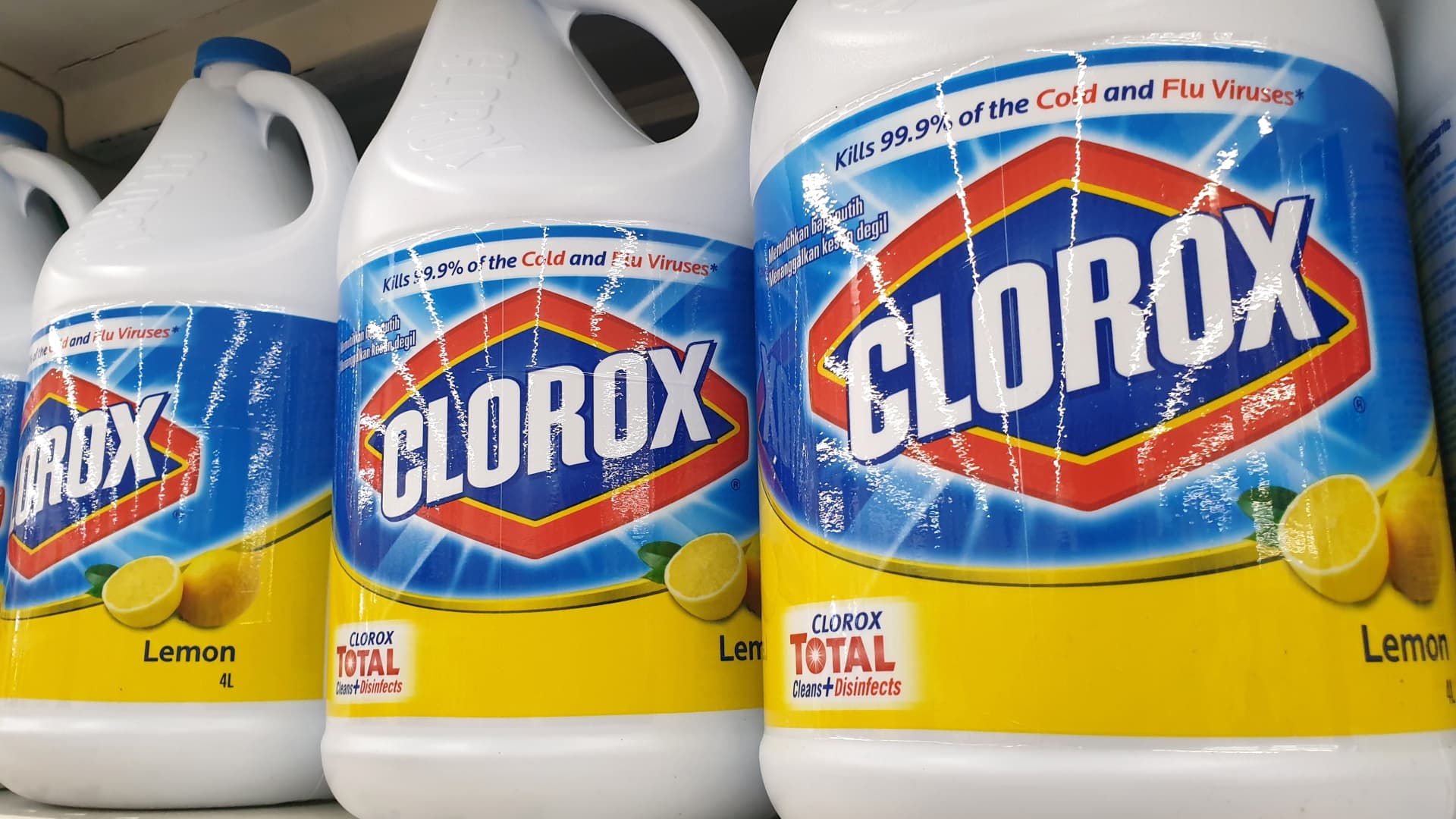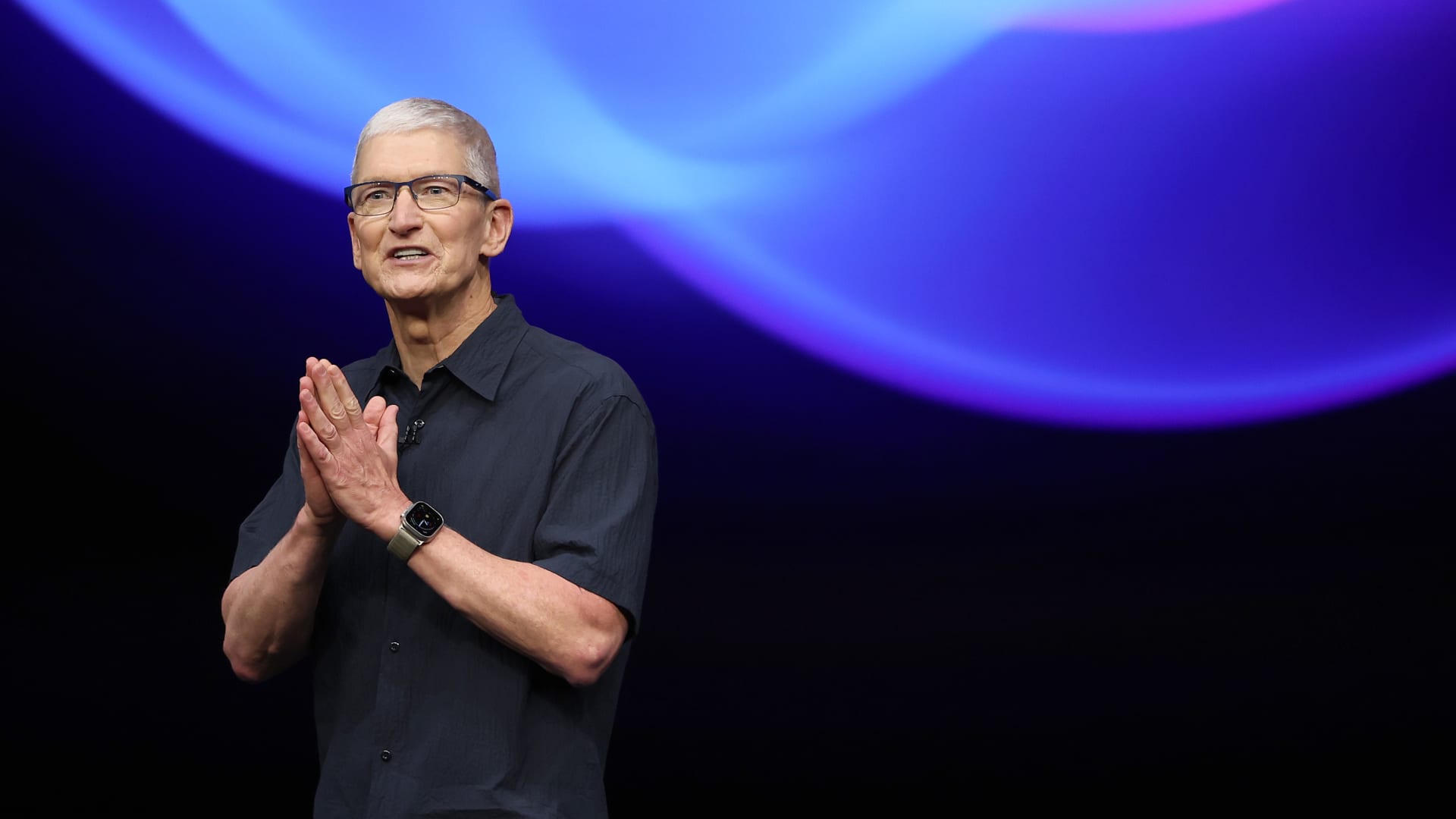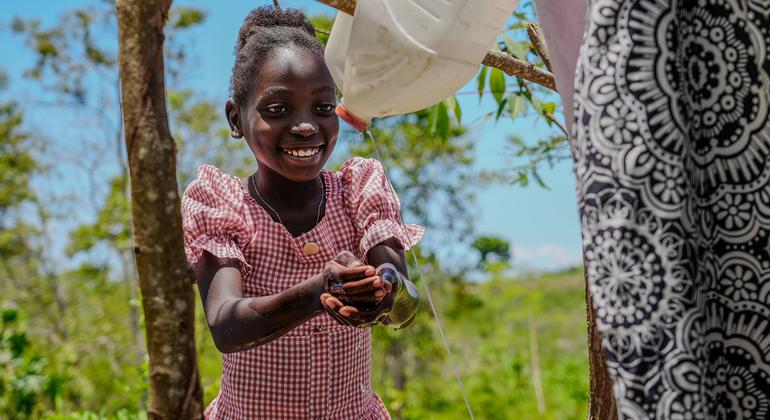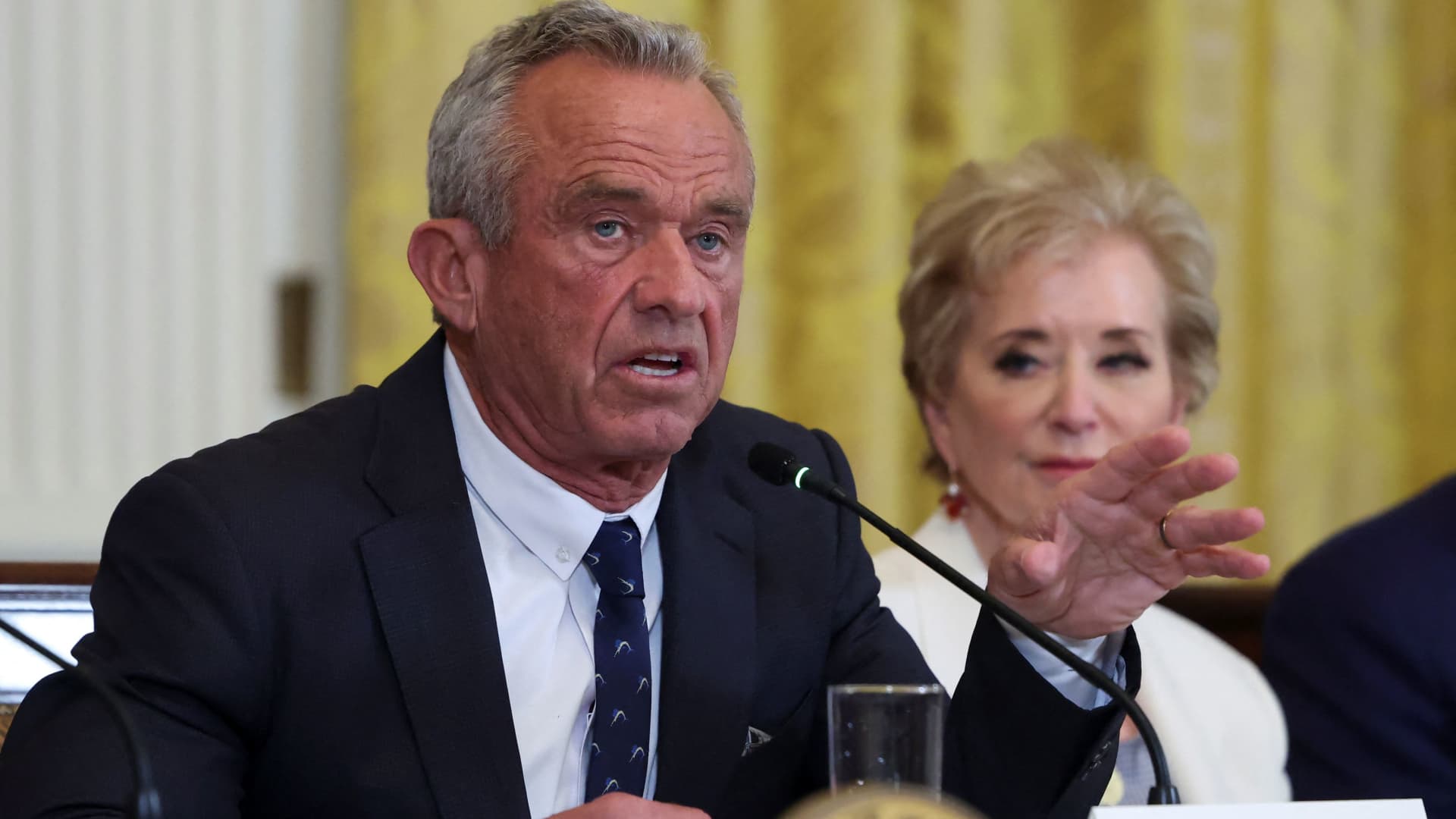On 14 August 2024, the head of the World Health Organization (WHO) declared the rise of monkeypox (MPOX) a public health emergency of international concern (PHEIC). Following his announcement, the director, Tedros Adhanom Ghebreyesus, said he was working with partners to facilitate equitable access to vaccines.
The US government has donated the Jynneos (MVA) vaccine to Nigeria, and it is planned to be distributed in five of the states in the country where the most cases of mpox have been detected.
“We are pleased to receive this modest initial donation of the safe and effective mpox vaccine.“We will continue to strengthen surveillance and remain vigilant in preventing and controlling MPOX,” said Nigeria’s Health Minister Muhammad Ali Pate.
Vaccine administration
The MVA vaccine will be administered to 5,000 people at higher risk of contracting the virus in a two-dose regimen. This includes “close contacts of mpox cases and frontline health care workers, with the provision for reactive vaccination in other states as the need arises,” according to the WHO regional office for Africa.
While waiting for the vaccines to be administered, Nigeria's National Food and Drug Administration and Control Agency has approved the vaccine for emergency use.
“The delivery of mpox vaccines to Nigeria not only constitutes a crucial addition to the ongoing measures to stop the virus and protect health [but] It is also a clear demonstration of international solidarity in the face of global public health emergencies.“said Dr Matshidiso Moeti, WHO Regional Director for Africa.
Gaps in access to vaccines
The WHO Africa office says “serious gaps in access to the MPOX vaccine remain” in Africa.
The organization is working with countries and manufacturers to increase access to the necessary vaccines.
In addition, WHO is working with partners such as the United Nations Children's Fund (UNICEF) and others to “enable donations from countries that already have stocks.”
Partners are also developing a “donation plan” to ensure that limited vaccines are used in areas where they are most needed.
The WHO Africa office is supporting the Nigerian government to improve “surveillance and contact tracing, laboratory capacity, risk communication and community engagement” as the country has had 786 suspected cases of mpox and 39 confirmed cases as of 10 August 2024.
Health authorities are also implementing early case detection and diagnosis, as well as increasing cross-border surveillance, especially at major entry points across the country.

